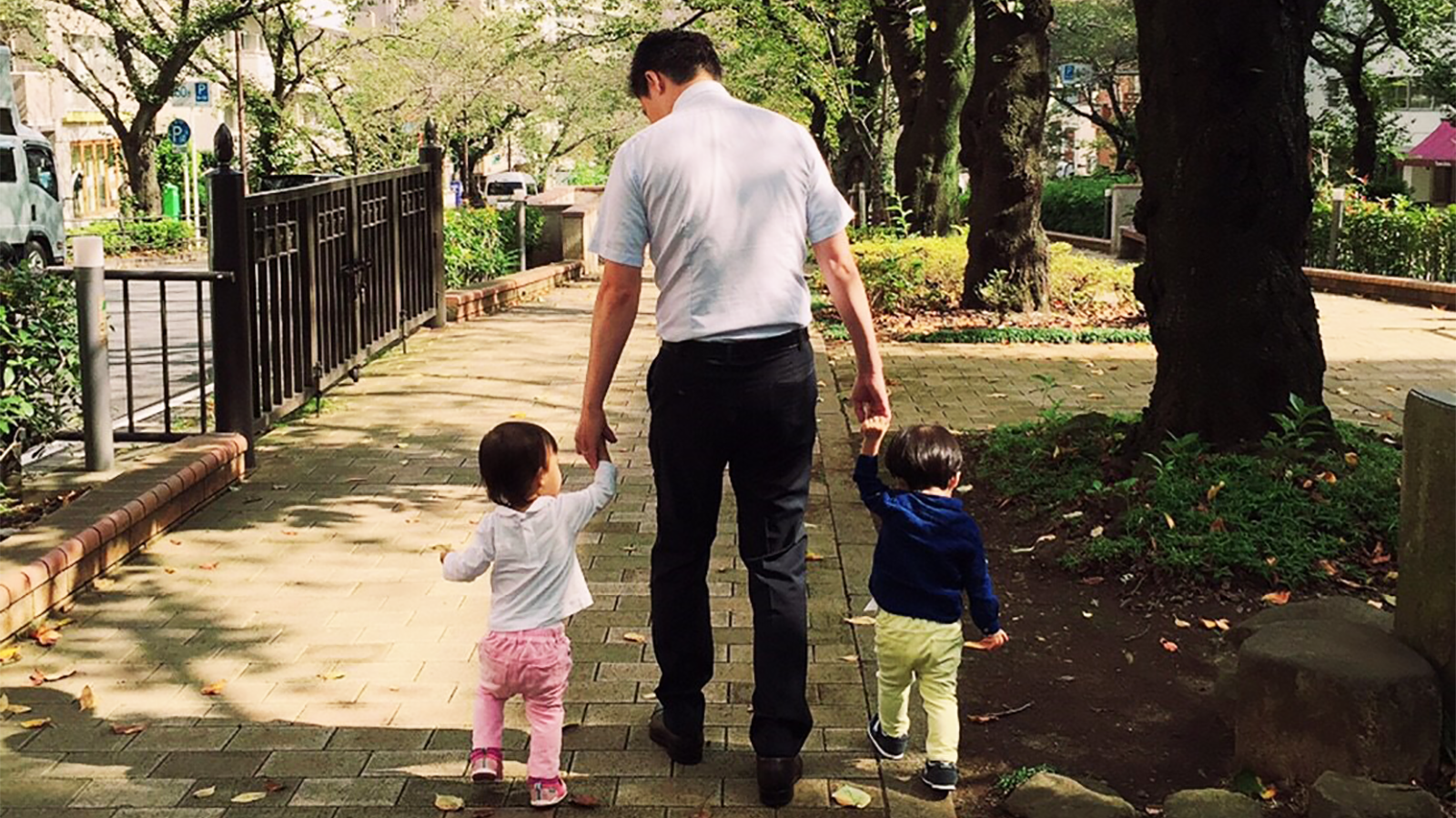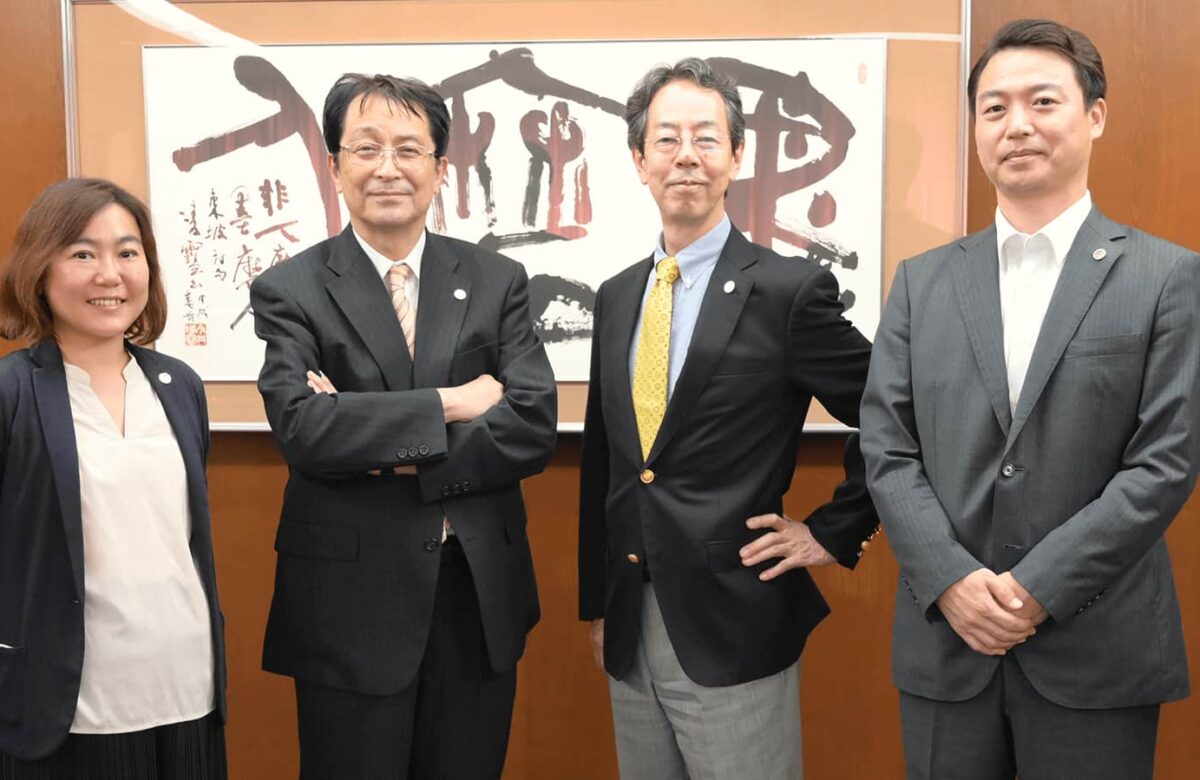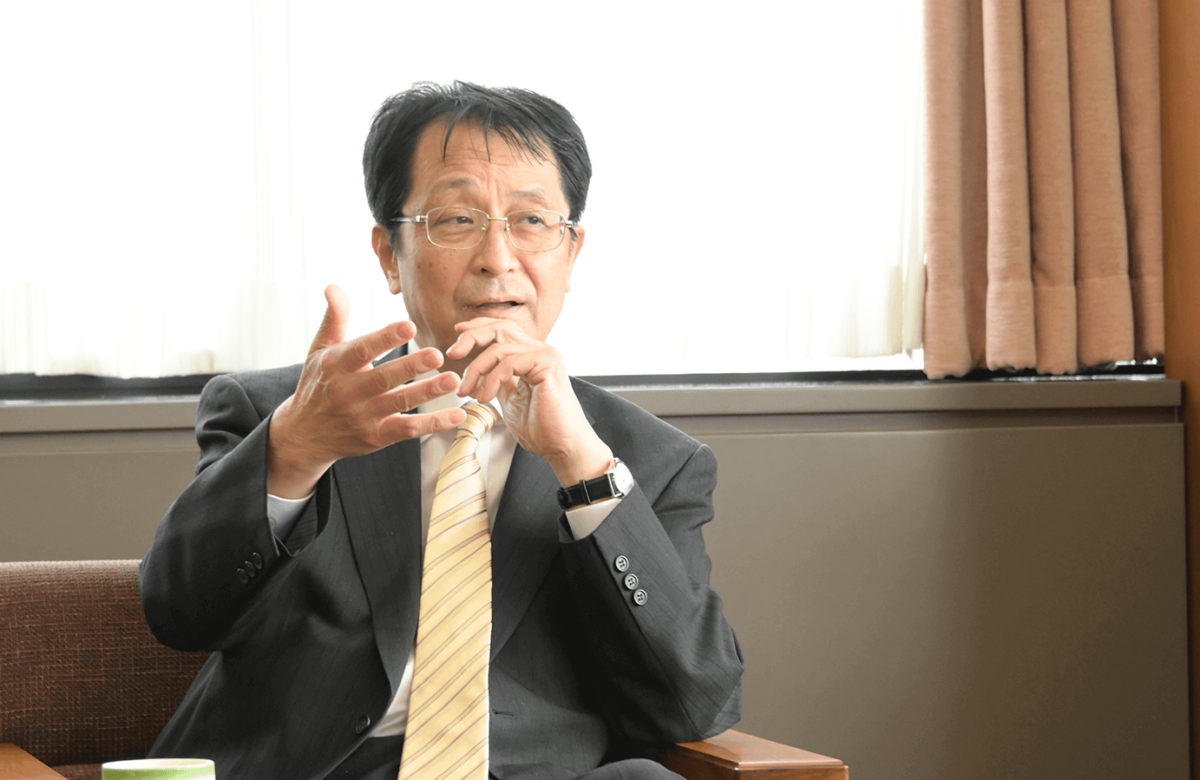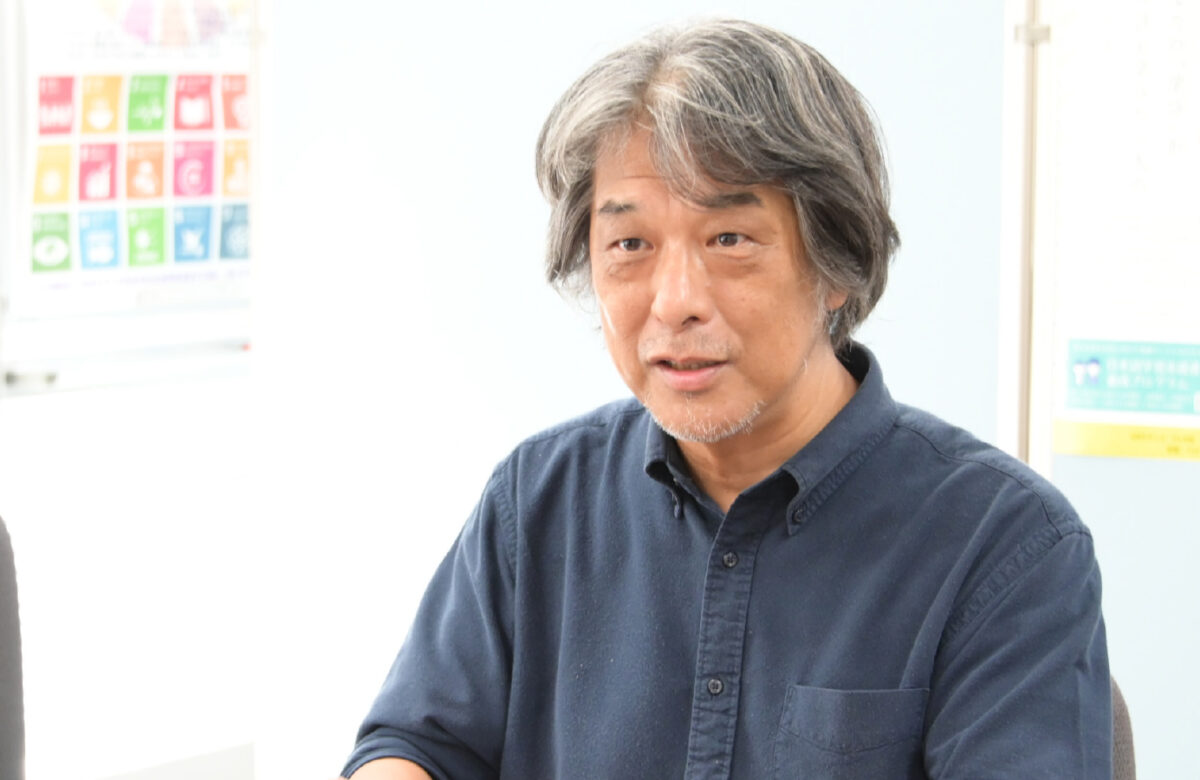Donʼt Talk About Work Until Youʼve Balanced a Career with Parenting
Makoto Yuasa argues that we need to empathize with working parents and organizations need to address their concerns more proactively.
- SocietyArticleOpinion
- September 1, 2018

My conversation with the women academics of Nagoya University made me realize exactly how difficult it is to raise a child alone while holding down a job and how important it is that society understands and supports such individuals.
Japan continues to remain steeped in the values of the postwar era of rapid growth, with fathers rarely taking an active role in parenting. Thus, although men have a fair understanding of how difficult it is to walk the tightrope between parenting and pursuing a career, few know the details and how anxious the solo working mother feels. I would never have understood and sympathized with the women academics as much as I did had I not taken an active role in raising my own twin children.
Based on what my male friends tell me, few fathers play an active role in parenting; most leave the lion’s share of parenting responsibilities to their wives. I think that couples will be able to contribute toward a more supportive society if both partners share the burden of balancing parenting with work, including making sacrifices, and if they seek support from others.
I had an epiphany when navigating train stations with a baby buggy: there are several issues with elevators. Often you have to follow the most unbelievably convoluted route to reach one. Stations that actually have them (some don’t) are often crowded with people who could just as easily have taken the elevator or stairs. Therefore, you always have to wait for the next turn. You will only understand such issues once you experience them yourself. A large number of male baby-boomers—the backbone of Japan’s old economy systems—are becoming grandparents. Once they start looking after their grandchildren, you will probably hear them protesting, saying, “This is unacceptable! Something must be done!”
However, more than these physical hurdles, I was shocked by people’s lack of awareness. During train journeys, children would occasionally start wailing. Calming a crying child is not easy and I often had to suffer the embarrassment of becoming a nuisance in a public place. On these occasions, I would often notice other passengers looking angrily at us, and some would tut scornfully. Some seemed to regard the baby buggy as an obstruction.
Society needs to be more aware of the difficulties of parenting and become more tolerant and parent-friendly. The best way to understand the challenges of parenting is to experience them yourself. You then become sympathetic, think of solutions to problems, and encourage other parents. You will also be able to advise other parents about their anxieties and problems based on your own experiences.
I believe in direct action. If members of an organization identify a problem after experiencing it first-hand, they should do everything possible to fix the problem themselves while the head office handles tasks that require a greater organizational response. There are numerous things that we cannot accomplish alone. That said, parenting is something that many people experience, and the present social system increasingly compels both parents to work. I hope, therefore, that this special feature prompts you to think about the steps that organizations can take to support and be more accommodating to members who are raising children.
This article is a part of ScienceTalks Magazine issue The Friendly Solutions Proposed by the Researchers’ Community for Child Care Support at Nagoya University.




